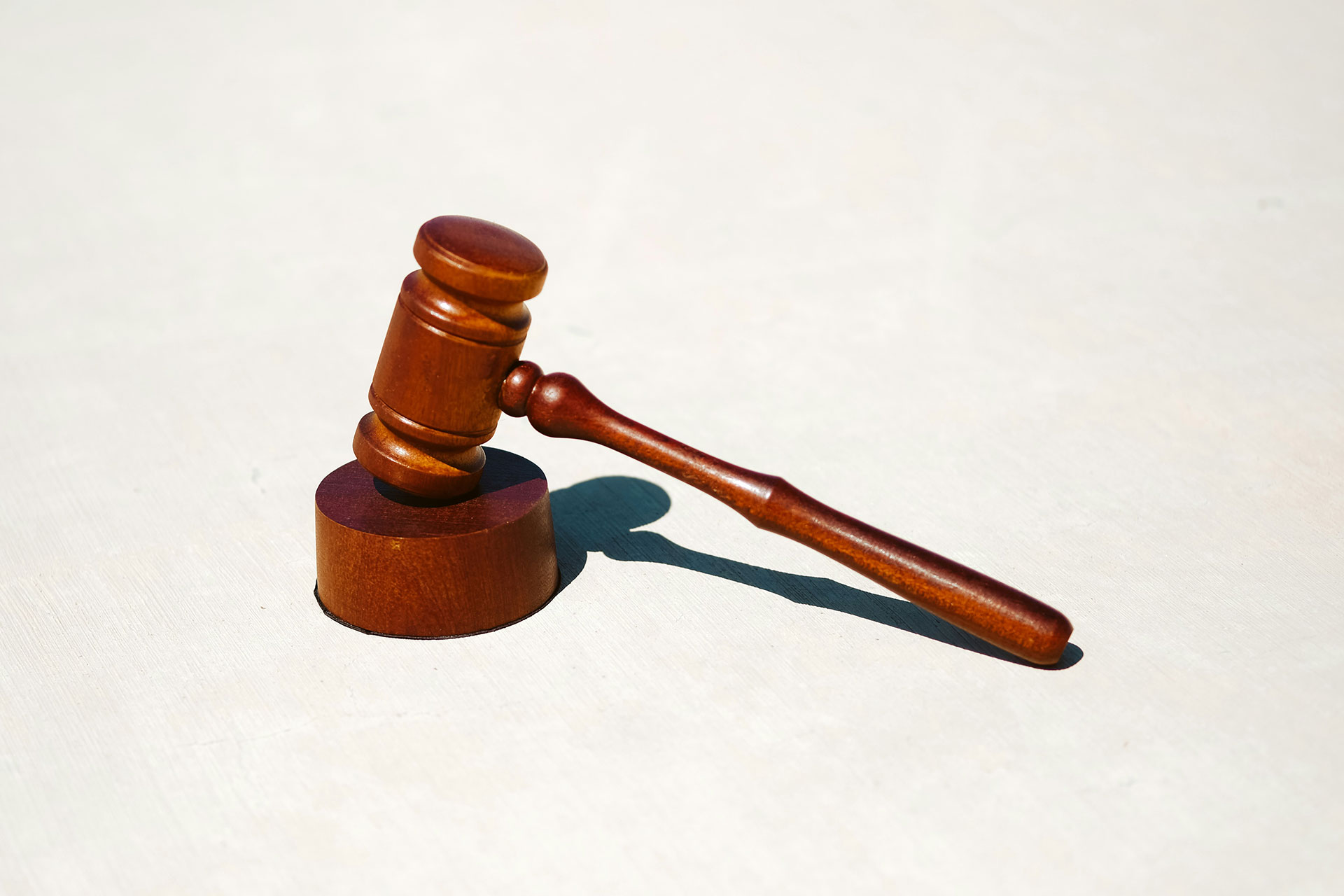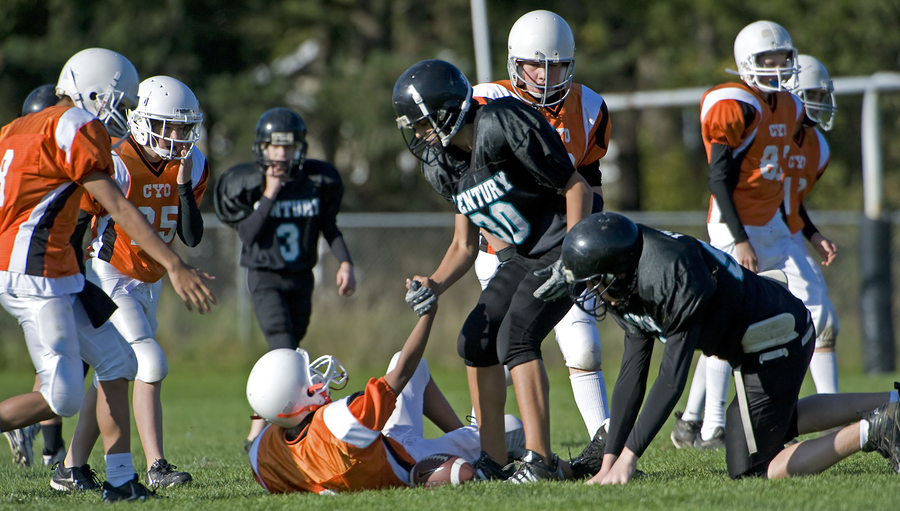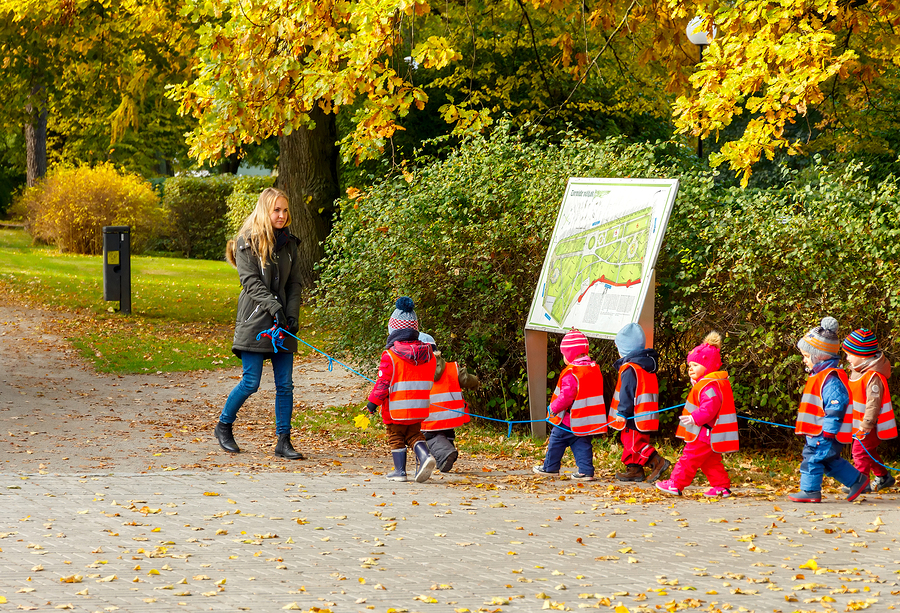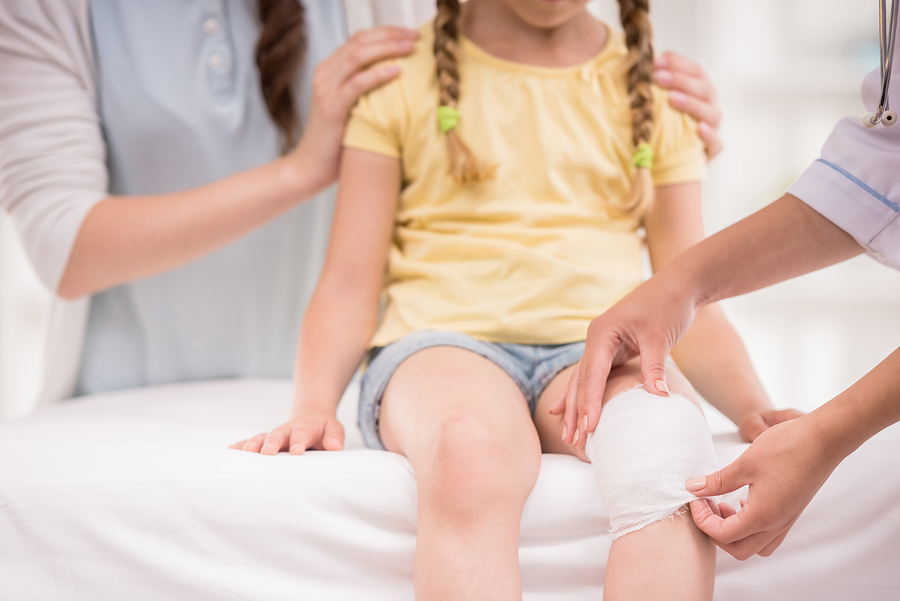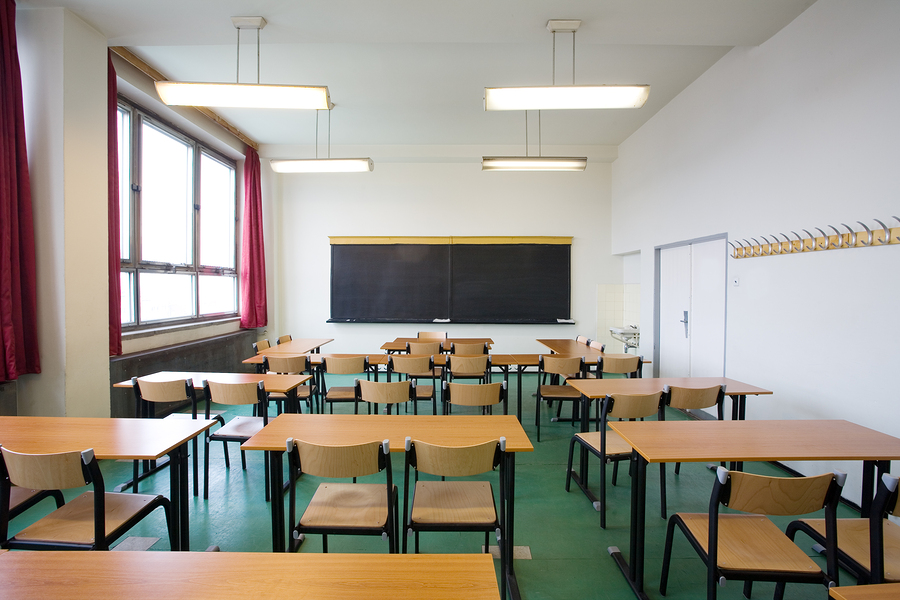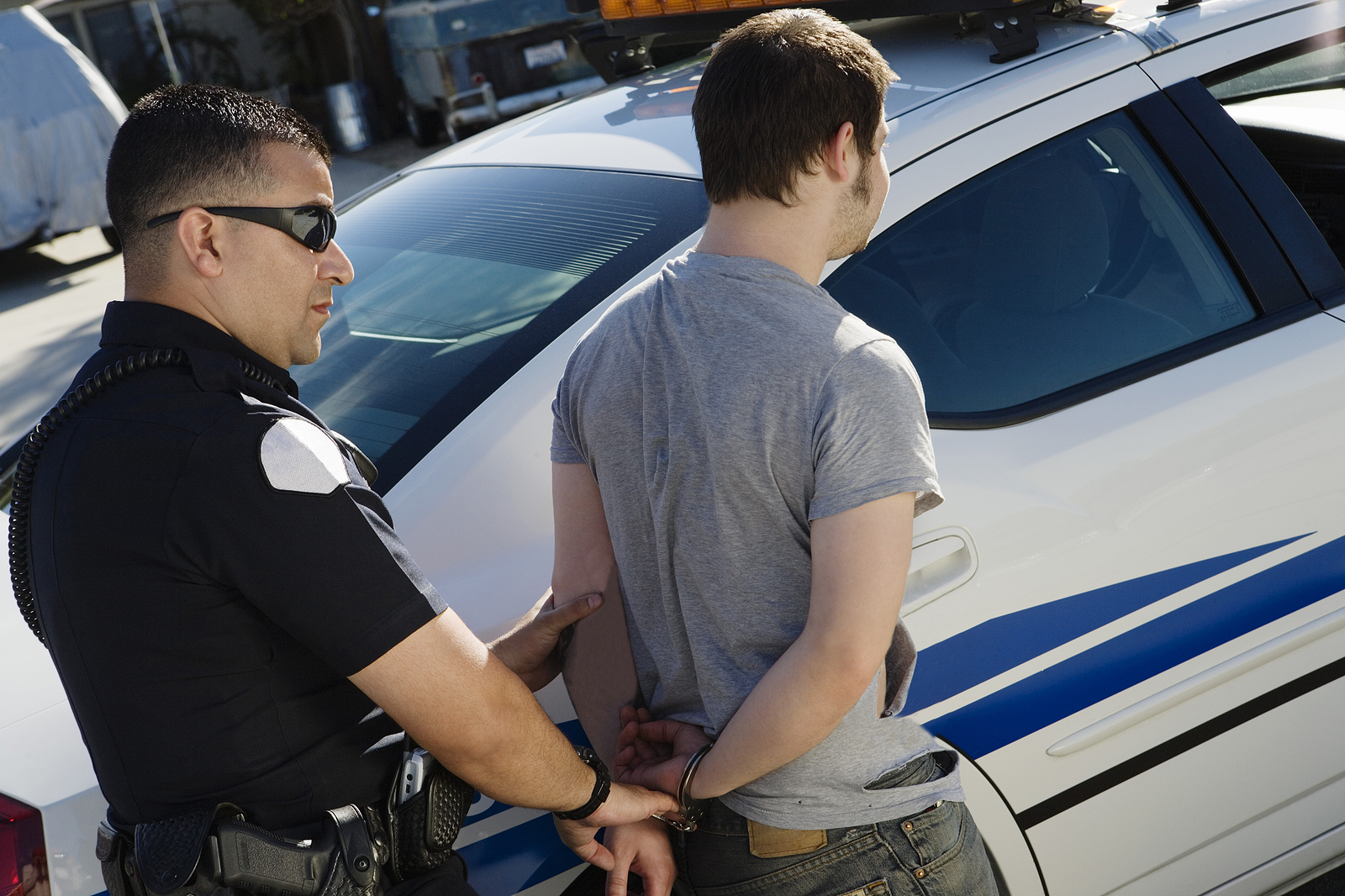In Loco Parentis: Duty of Educators and Professionals in Residential Programs for Children
Some of our most vulnerable children are relegated to a life away from parents, family, and their school to live where other adults take the place of their parents and are responsible for their custody or care - legally defined as in loco parentis. This occurs when children are placed...



